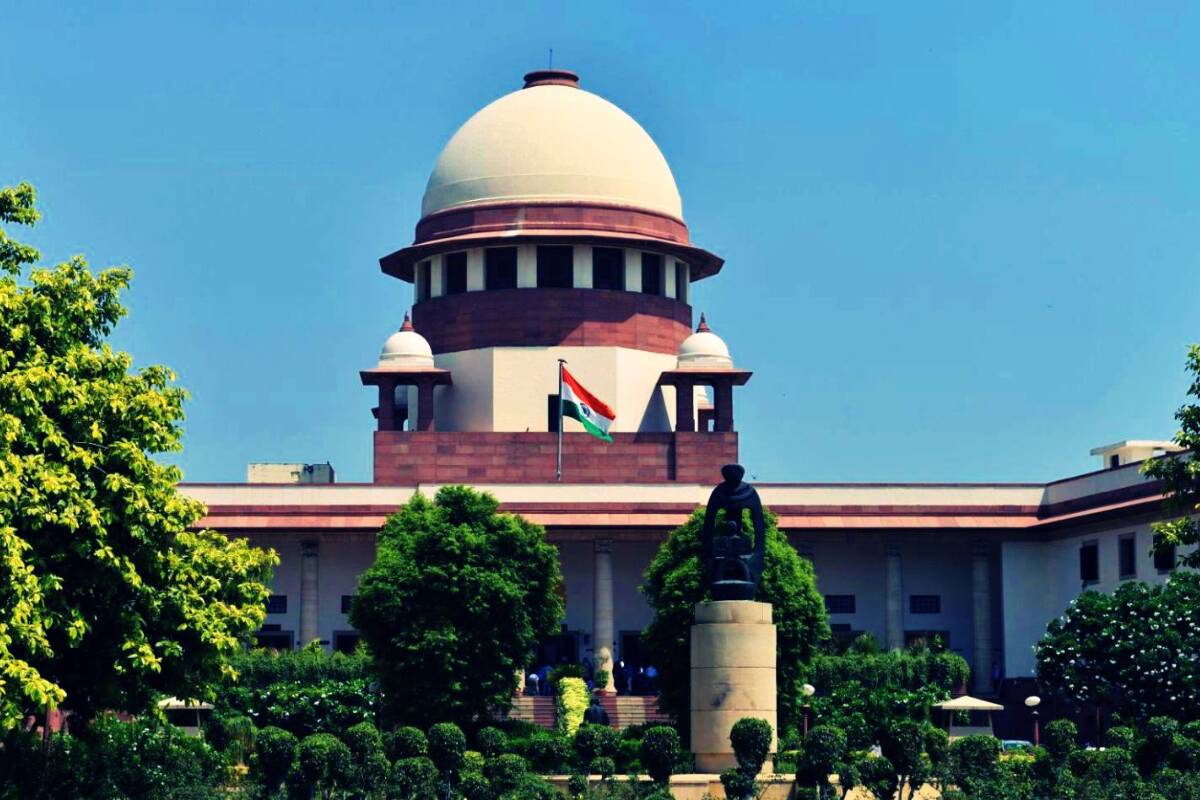The Supreme Court on Tuesday expressed concern over the deteriorating quality of law education in the country and emphasised quality checks are a must to restrict the entry of people into the profession.
The top court was hearing a plea by the Bar Council of India (BCI) challenging the Gujarat High Court judgment, which allowed persons with other employment, either full-time or part-time, to enroll as advocates without leaving their jobs.
Advertisement
A bench comprising Justices Sanjay Kishan Kaul and M.M. Sundresh observed that the system can be improved at the entry-level and it is the responsibility of the BCI to hold proper exams. It emphasised stringent checks on law schools and that at the entry-level, more serious criteria are important.
Counsel, appearing as amicus curiae in the matter, suggested working out a mechanism, where people coming from employment are not enrolled and given the certificate at the outset, but rather put on a register qualifying them to write the examination and based on the result, the enrolment would follow.
Counsel added that the person might be permitted to enroll with the Bar after they qualify for the written examination followed by a rigorous viva.
The bench noted that it might not be proper to permit enrolment while a person still holds on to their existing employment. It further pointed out that when a professional enrolled with the Bar leaves the legal profession, they do not surrender their enrolment certificate, which is something the BCI should also regulate.
Senior advocate S.N. Bhat represented the BCI before the bench.
The top court told the BCI counsel that its exam must test knowledge and pointed out there are ample instances where people get law degrees without attending classes and cited instances where law courses are taking place in cowsheds. It further emphasised that it is imperative to set out more serious criteria for entry into the legal profession.
The bench said: “This is completely diluting the quality… A person without attending classes gets a law degree.”
The bench told the BCI counsel to control entry to determine quality, as quality cannot be ensured by taking many. After a detailed hearing in the matter, the bench scheduled the matter for further hearing on February 22.









